You have not yet added any article to your bookmarks!

Join 10k+ people to get notified about new posts, news and tips.
Do not worry we don't spam!

Post by : Anis Farhan
Mumbai has always been a city of contrasts—gleaming skyscrapers stand beside old textile mills, luxury boutiques sit across from thrift markets, and gourmet restaurants thrive alongside bustling roadside eateries. Nowhere is this diversity more apparent than in its food culture. For decades, Mumbai’s identity was rooted in its street food. Vada pav, pav bhaji, bhel puri, and pani puri were more than quick snacks; they were the essence of the city’s fast-moving lifestyle. But over the last decade, a new wave has swept through its food scene. From cozy independent cafés tucked into heritage neighborhoods to international coffee chains in glass-fronted malls, Mumbai is becoming a global café darling.
Street food is to Mumbai what pizza is to New York or baguettes are to Paris. Affordable, filling, and bursting with flavor, it has long fueled millions of Mumbaikars rushing between work, college, and social gatherings. Generations of residents grew up savoring the spicy crunch of sev puri or the buttery warmth of pav bhaji served on makeshift carts at midnight. These roadside delicacies carried stories of survival, migration, and community. Vendors were not just food sellers but part of Mumbai’s heartbeat, offering comfort at every corner.
The rise of cafés in Mumbai has been steady but remarkable. Initially introduced by Irani cafés in the early 20th century, the trend gained momentum in the 1990s with the arrival of Indian coffee brands. Over the past fifteen years, international chains like Starbucks and Costa Coffee joined the mix, further cementing café culture in the city. However, what sets Mumbai apart is not just the imported café wave, but the homegrown innovation. Local entrepreneurs have reinvented the café experience by blending Mumbai’s street flavors with global aesthetics. It’s not uncommon to find a café serving artisanal lattes alongside vada pav sliders or masala chai brewed with the precision of a barista’s craft.
The younger generation has been the biggest driver of Mumbai’s café boom. With increased disposable income, access to global trends via social media, and a growing culture of co-working spaces, millennials and Gen Z view cafés as extensions of their lifestyle. For them, cafés are more than just about food and drink—they are places to network, brainstorm, relax, and curate an Instagram-worthy life. The aesthetics of a café, from wall murals to latte art, have become as important as its menu.
Several pockets of Mumbai have emerged as café hubs. Bandra, often referred to as the “queen of the suburbs,” is dotted with independent cafés offering fusion menus and cozy corners. Colaba, with its heritage charm, has cafés that attract both tourists and locals. Lower Parel, once an industrial hub, is now home to trendy cafés located in refurbished mills. Even Andheri, traditionally known for its film industry connections, has evolved into a vibrant café hotspot. Each neighborhood adds its own flavor to the city’s growing café map.
What makes Mumbai’s café story special is its ability to fuse tradition with modernity. Many cafés incorporate local ingredients like kokum, jaggery, or filter coffee into their menus while presenting them with global flair. This cultural fusion is a direct reflection of Mumbai itself—a city that constantly reinvents while staying rooted. For example, chai bars have emerged as serious contenders to coffee shops, offering handcrafted teas served in ceramic kettles or clay cups. Some even serve street snacks with a modern twist, like deconstructed pani puri or avocado-stuffed pav.
In Mumbai, cafés are not just about food; they are cultural and creative hubs. Poetry readings, art exhibitions, acoustic nights, and book launches often find their stage in cafés. Independent brands leverage these spaces to build community, while artists use them to showcase talent. This transformation has given rise to a hybrid model where cafés double up as co-working hubs, libraries, and event venues. Such multifunctional spaces have resonated strongly in a city where real estate is scarce and time is always running.
The café culture is also adding to Mumbai’s global tourism appeal. Travelers who once came for the iconic street food now include café-hopping on their itineraries. Guidebooks, food blogs, and social media influencers highlight these trendy cafés, portraying Mumbai as a cosmopolitan city with a taste for both tradition and innovation. International recognition has followed, with some Mumbai cafés making it to global lists of must-visit coffee spots. This visibility is reshaping the city’s image on the global culinary map.
The rise of cafés has generated significant economic opportunities. Thousands of jobs—from baristas to delivery partners—have been created. Supply chains for artisanal coffee, specialty teas, and organic produce have expanded, benefiting local farmers and small businesses. Additionally, café culture has boosted adjacent industries like interior design, food photography, and digital marketing. With rising demand, entrepreneurs and investors are seeing cafés as lucrative ventures that balance creativity with commerce.
Despite its success, Mumbai’s café culture faces challenges. High real estate costs, stiff competition, and evolving consumer expectations make survival tough, especially for independent cafés. Many smaller outlets struggle to keep up with the marketing budgets of global chains. Additionally, as customers become more health-conscious, cafés must innovate to include vegan, gluten-free, and low-calorie options without losing their traditional charm. Sustainability is another key challenge—balancing convenience with eco-friendly practices such as reducing plastic use or sourcing ethically.
Looking forward, Mumbai’s café culture seems poised for even greater growth. With remote work becoming more normalized, demand for flexible café spaces is expected to rise. Technological integration—such as AI-powered ordering systems, digital loyalty programs, and app-based reservations—is likely to enhance customer experience. At the same time, local entrepreneurs are pushing for innovation, blending sustainability, inclusivity, and creativity into their business models. If Mumbai can strike the right balance between tradition and modernity, its café culture could set an example for other global cities.
From the smoky carts serving spicy chaats to the chic cafés with latte art, Mumbai’s food journey tells the story of a city that embraces change without forgetting its roots. Its transformation into a global café darling doesn’t erase its street food heritage—it amplifies it. Street vendors and cafés coexist, creating a unique culinary ecosystem that celebrates both affordability and aspiration. As Mumbai continues to rise on the global stage, its food scene will remain a symbol of resilience, innovation, and cultural fusion. For the millions who call this city home, and the millions more who visit, Mumbai’s food story is more than a meal—it’s a way of life.
The views and opinions expressed in this article are those of the writer and do not necessarily reflect the official policy or position of Newsible Asia. All information has been presented for general informational purposes only.

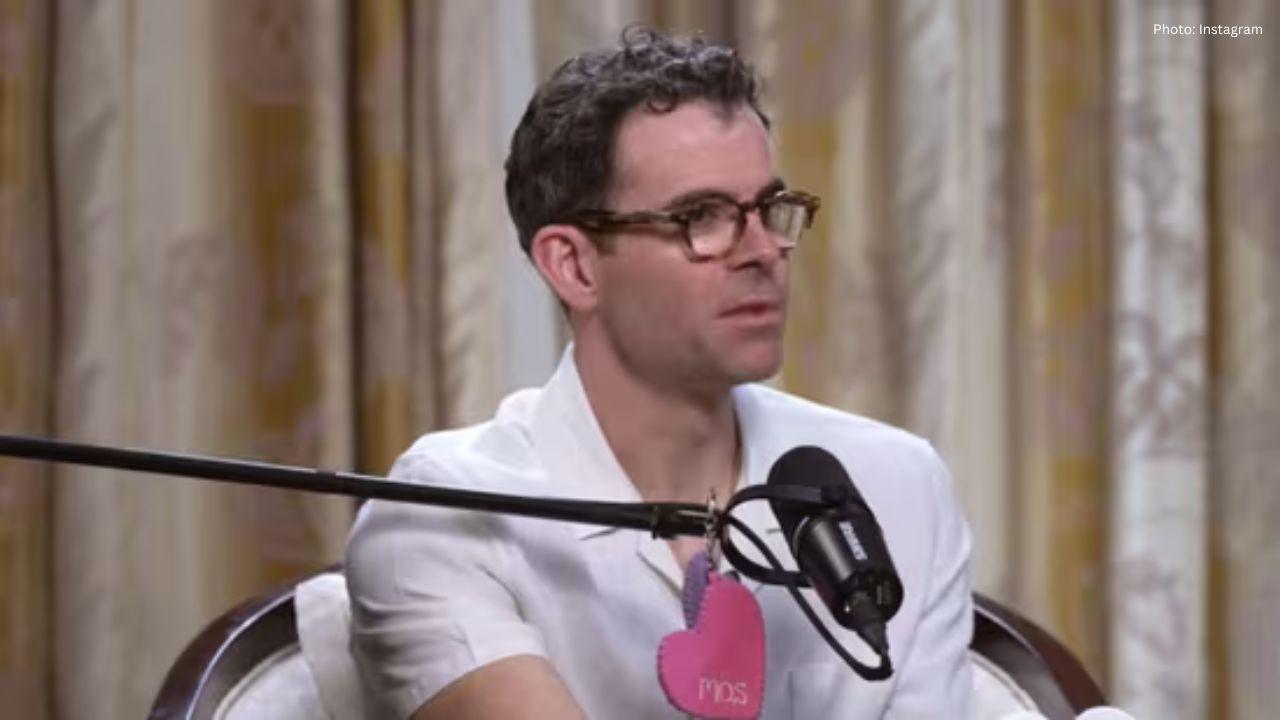
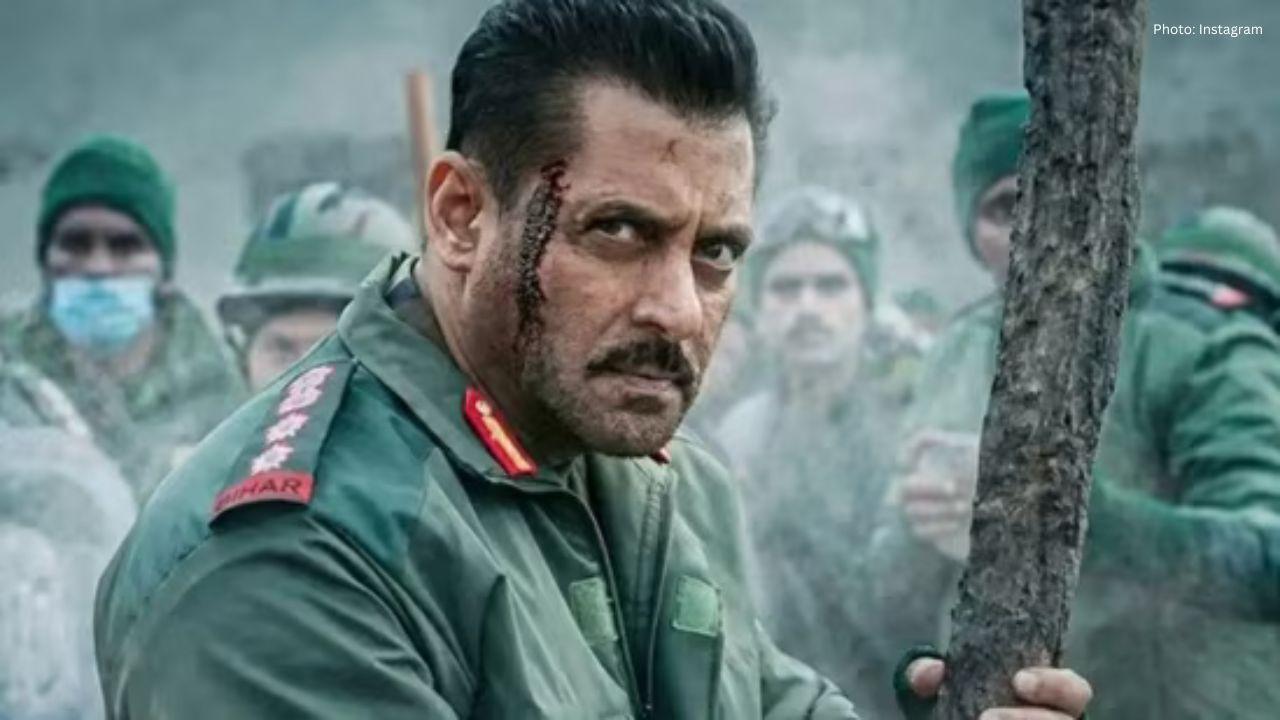
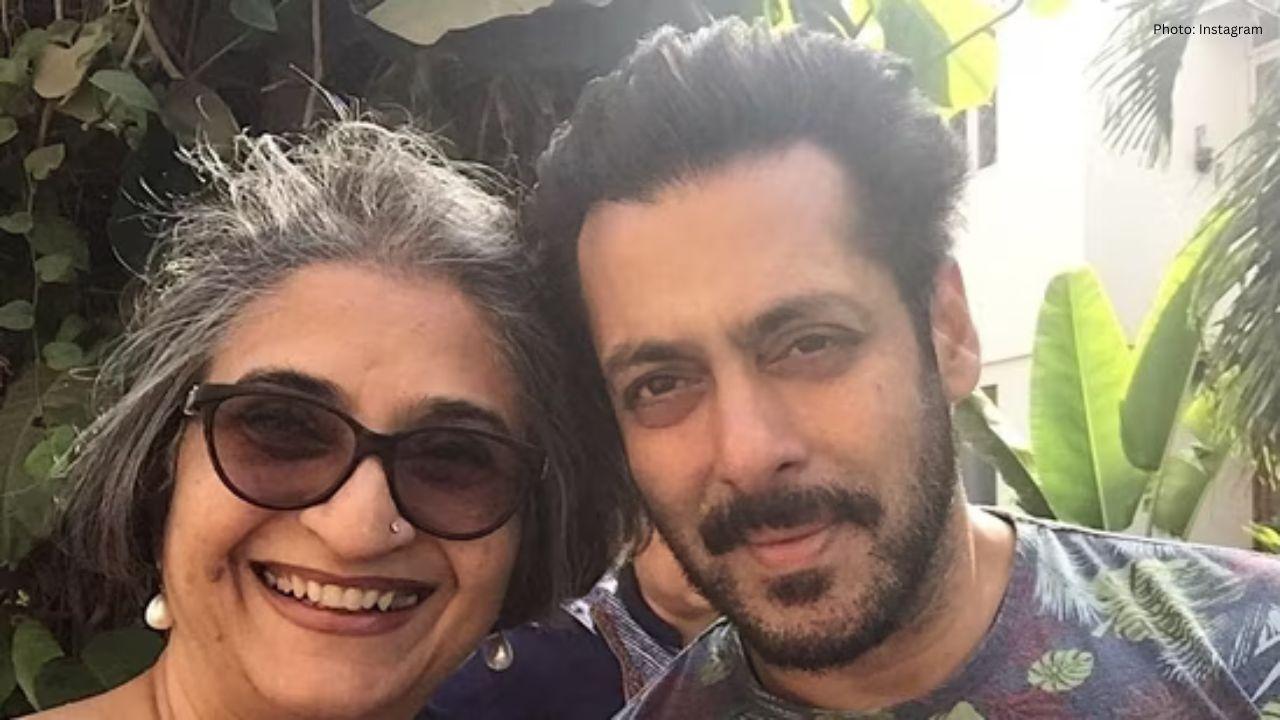

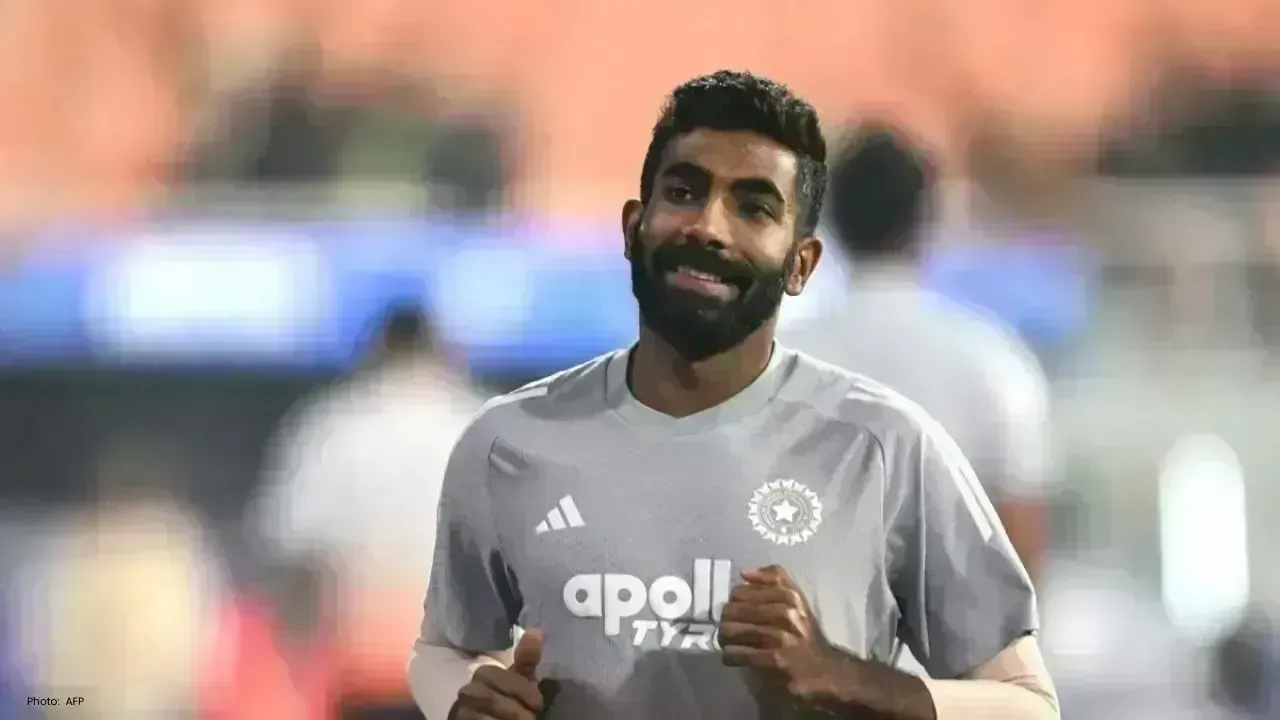
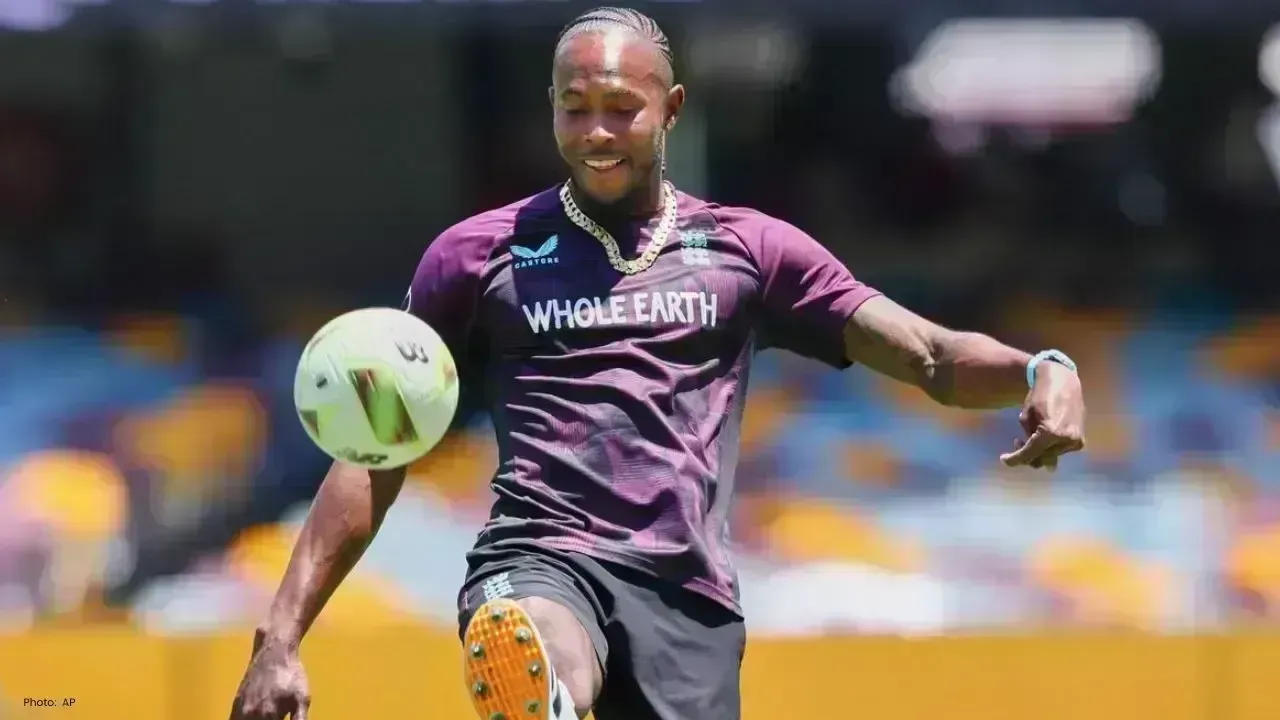
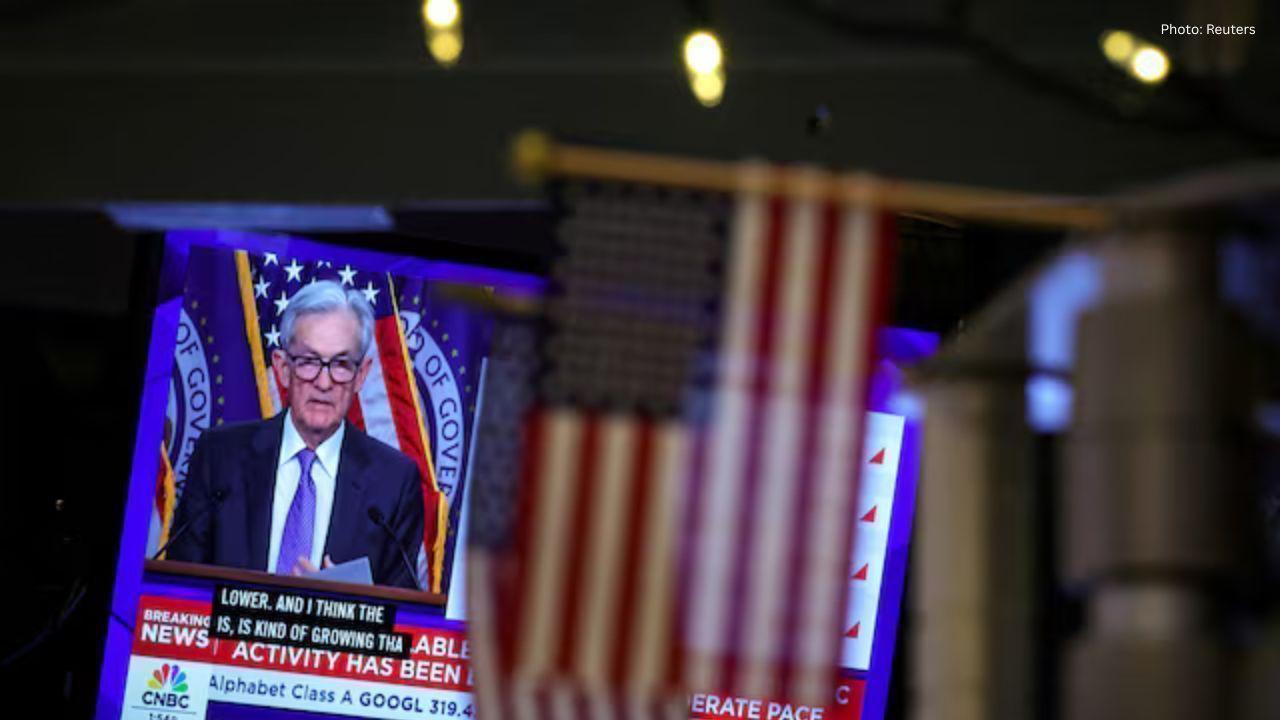
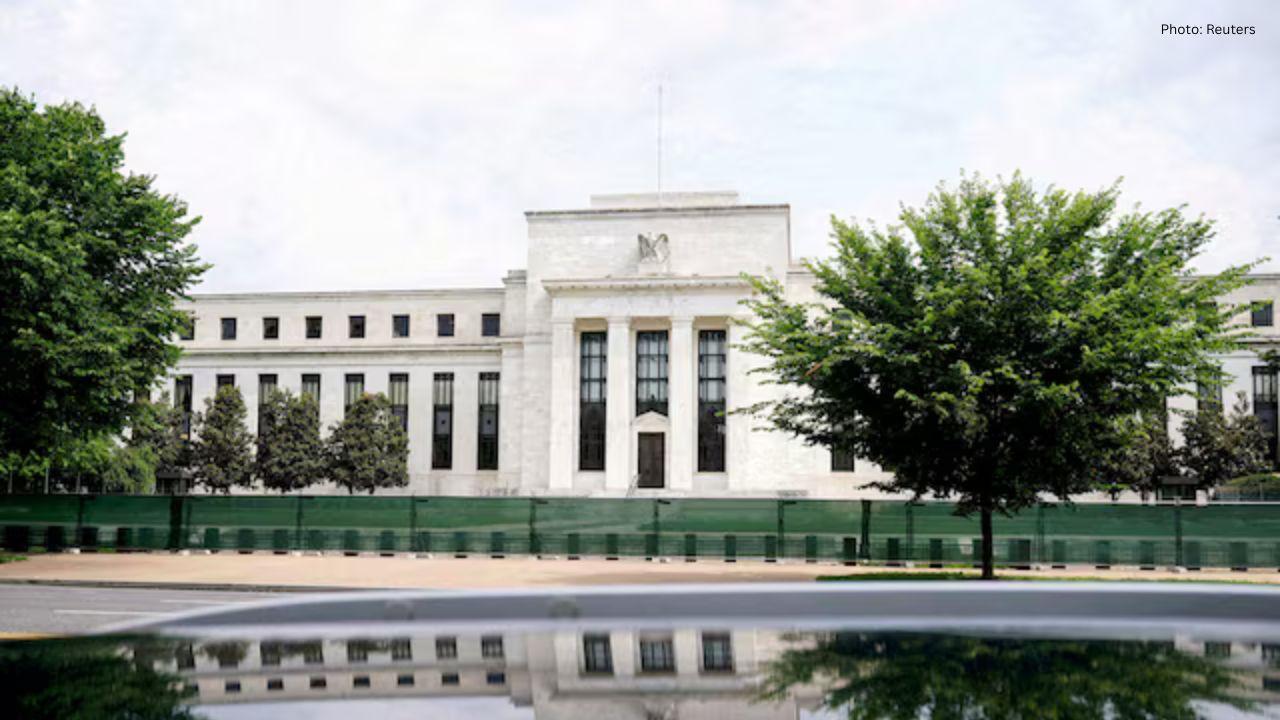

Rashmika Mandanna, Vijay Deverakonda Set to Marry on Feb 26
Rashmika Mandanna and Vijay Deverakonda are reportedly set to marry on February 26, 2026, in a priva

FIFA Stands by 2026 World Cup Ticket Prices Despite Fan Criticism
FIFA defends the high ticket prices for the 2026 World Cup, introducing a $60 tier to make matches m

Trump Claims He Ended India-Pakistan War, Faces Strong Denial
Donald Trump says he brokered the ceasefire between India and Pakistan and resolved eight wars, but

Two Telangana Women Die in California Road Accident, Families Seek Help
Two Telangana women pursuing Master's in the US died in a tragic California crash. Families urge gov

Ranveer Singh’s Dhurandhar Roars Past ₹1100 Cr Worldwide
Ranveer Singh’s Dhurandhar stays unstoppable in week four, crossing ₹1100 crore globally and overtak

Asian Stocks Surge as Dollar Dips, Silver Hits $80 Amid Rate Cut Hopes
Asian markets rally to six-week highs while silver breaks $80, driven by Federal Reserve rate cut ex